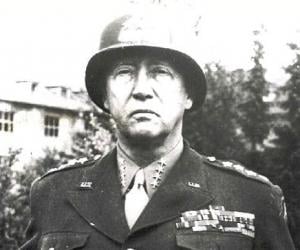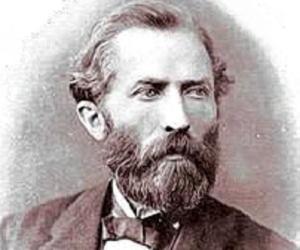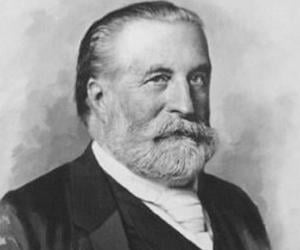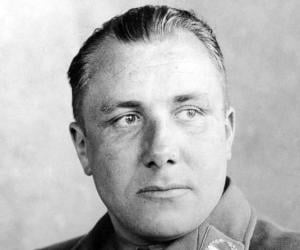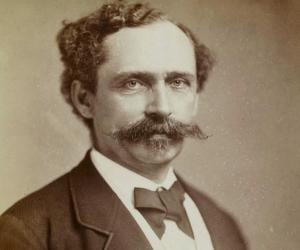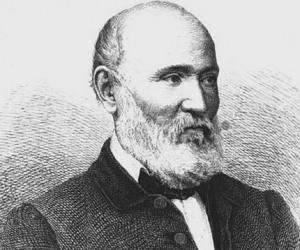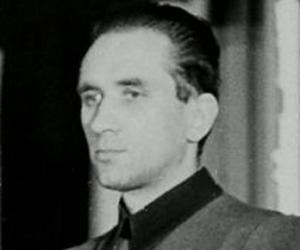1
Werner Forssmann
(Physician from Germany Who Shared the 1956 Nobel Prize in Medicine)
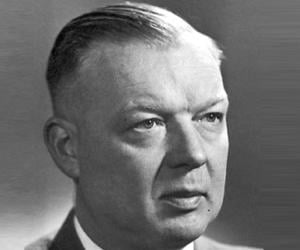
18
5
Birthdate: August 29, 1904
Sun Sign: Virgo
Birthplace: Berlin, Germany
Died: June 1, 1979
Werner Forssmann was a pioneering German physician and researcher who, along with Andre Frederic Cournand and Dickinson W. Richards, was awarded the 1956 Nobel Prize in Medicine for developing cardiac catheterization. In 1929, he demonstrated great courage and innovation by performing the first human cardiac catheterization on himself, risking his life to advance medical knowledge. Forssmann's groundbreaking procedure paved the way for significant advancements in cardiology and has saved countless lives through the diagnosis and treatment of various heart conditions.

